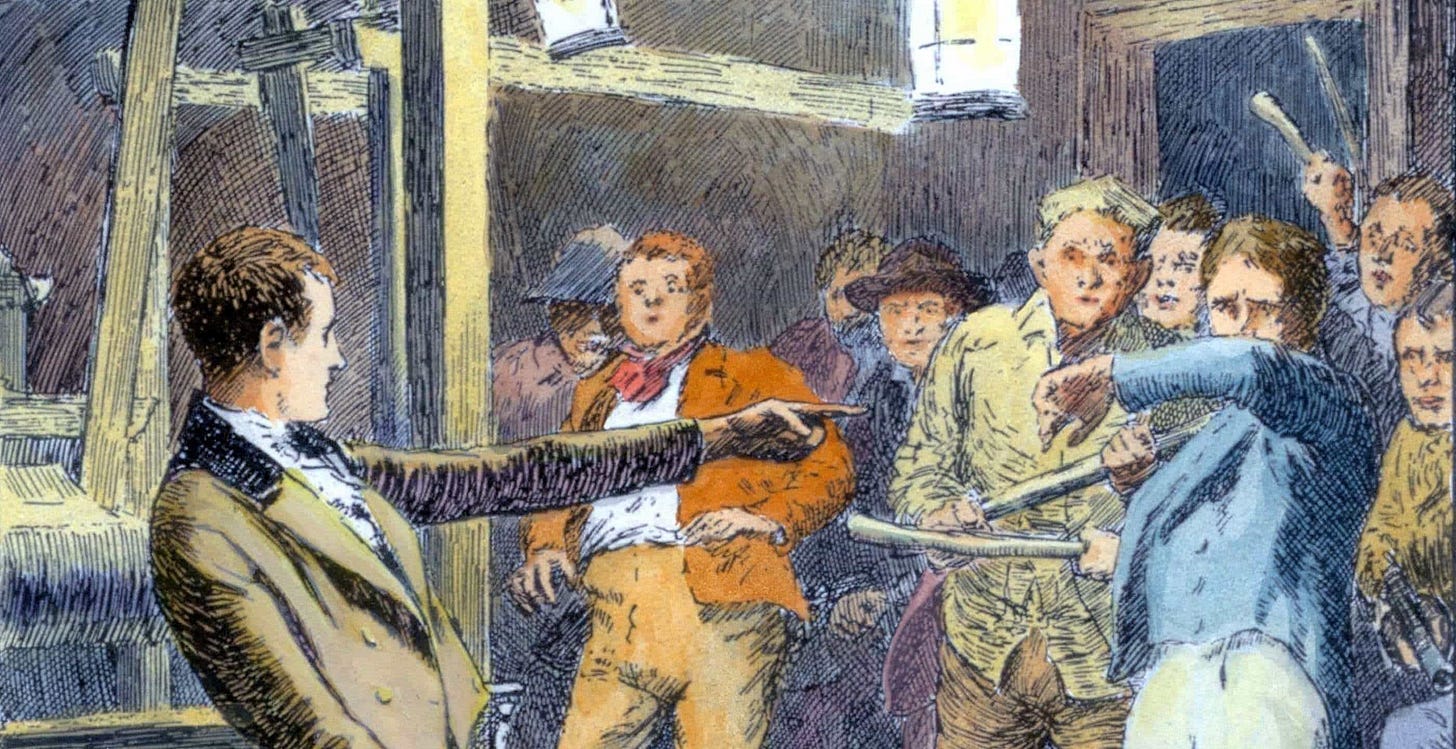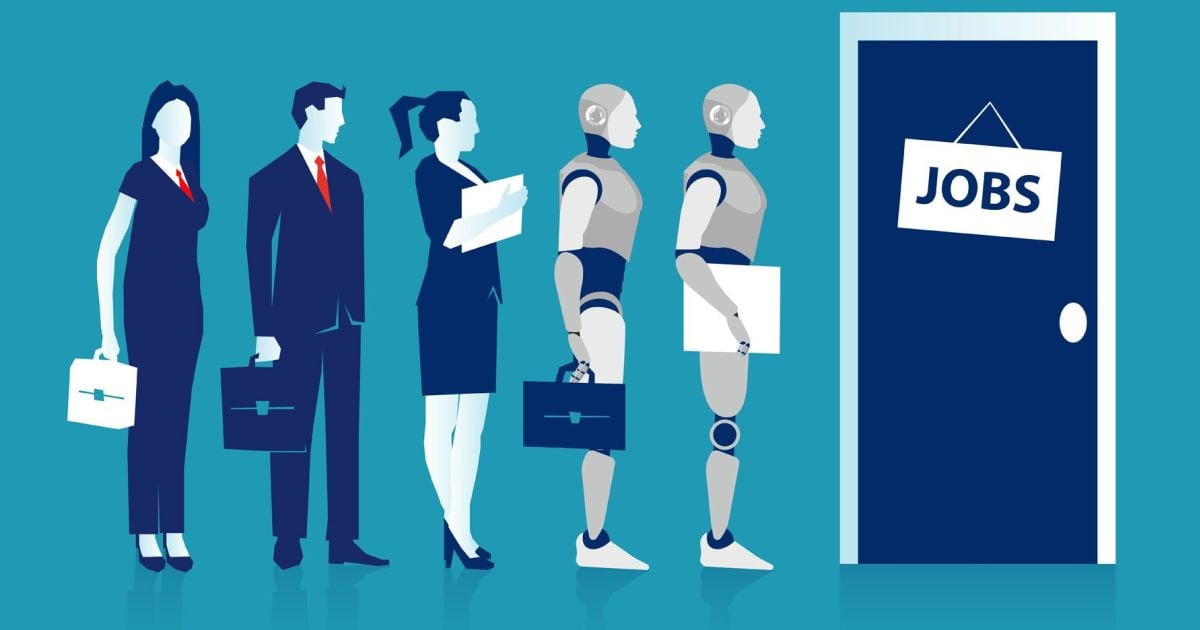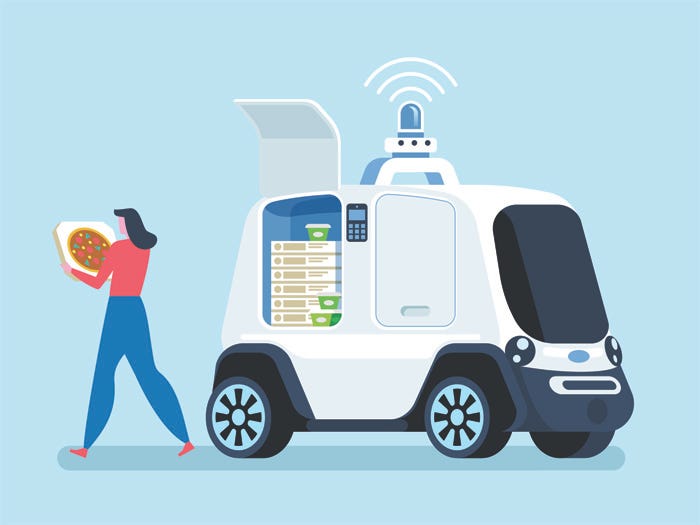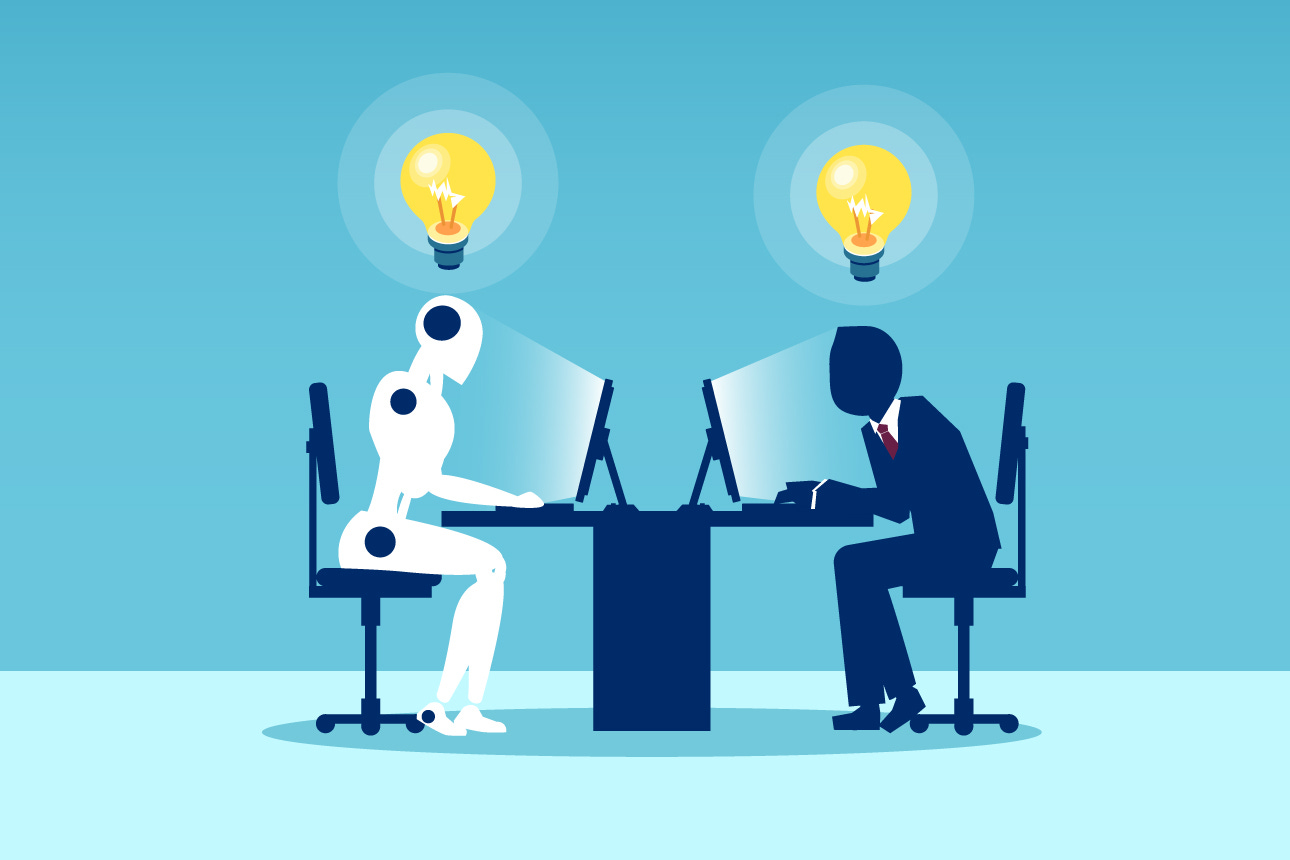Embracing AI: A Job Creator, Not a Job Destroyer
Why AI will ultimately create more jobs than it replaces
Has AI got you scared of a jobless future? You're not the first…
During the Industrial Revolution, textile workers called the Luddites fiercely opposed new weaving machines. They feared the machines would replace them and resorted to intimidating factory owners and destroying equipment.
Yet, as time went on, the machines they hated actually boosted demand and job growth in the industry.
Unfortunately, you can't destroy AI, this isn't i-Robot.
But no need because in this article, I'll explain three reasons why similarly to the weaving machines, AI will ultimately create more jobs than it replaces.
1. This isn’t our first rodeo
From Luddites during the 1800s to 1990s office assistants facing computers and the internet, people have long claimed that technology will destroy jobs. However, employment and wages have grown consistently in capitalist economies.
When the internet began to spread, workers worried traditional jobs would be replaced:
Tasks like record-keeping, data processing, and calculations could be automated
Traditional industries like brick-and-mortar retail and print media would be disrupted
Jobs could be relocated overseas
Despite this, McKinsey estimates internet-driven growth in jobs like web development, digital marketing and logistics has nearly tripled the replacement of old-fashioned jobs like office assistants.
People learn new skills and shift to new roles, pushing economic growth and creating opportunities. To thrive in a dynamic job market shaped by AI, we must welcome change, sharpen our human skills, and invest in lifelong learning, much like we did during the industrial revolution and the internet era.
2. We will produce more
According to Accenture, AI is expected to double economic growth by 2035 and increase labour productivity by up to 40%.
Higher productivity and efficiency will ignite demand for products and services, driving the creation of new jobs.
In 1840 70% of the US workforce was farmers. That figure is closer to 1% today and food production has multiplied immeasurably since then. This explosion in productivity didn't cause mass unemployment. It slashed food prices, allowed workers to shift to industries like services and manufacturing, and encouraged economic growth.
A hot topic on AI is that self-driving vehicles will undoubtedly lead to the unemployment of delivery drivers in the short term. But according to Intel, self-driving vehicles will create a new passenger economy worth $7 trillion by 2050.
Also, the cost of delivering goods will fall drastically due to reduced costs such as employees, accidents, and insurance. This will allow companies to expand delivery to more customers, increasing growth and lowering prices.
As a result, we can expect jobs in areas such as software development, infrastructure, and vehicle maintenance to grow, similar to the explosive growth in employment at Amazon in recent years.
3. Better work
For jobs that will not be replaced, AI will streamline mundane and repetitive tasks, allowing humans to focus on more complex, creative, and strategic work, leading to new roles and responsibilities.
Workers will focus on higher-value tasks that require human creativity and emotional intelligence. This shift will create more fulfilling job roles and new opportunities in fields where human skills are indispensable.
In healthcare, AI-powered tools like IBM Watson support doctors in diagnosing diseases and suggesting personalised treatment, allowing employees to focus on patient care, communication, and aspects of the job that require human intuition and empathy.
AI is projected to displace 85 million jobs by 2025, but 97 million new roles could emerge in areas such as software, data analysis, and the care economy, according to a report by the World Economic Forum (WEF).
AI is helping me write this post right now, I can focus on the ideas rather than reading through WEF research.
The bottom line
AI's impact on the job market goes beyond job displacement.
Like machines during the industrial revolution, AI will replace some jobs in the short term. But automation of tasks driving efficiency and productivity always tends to lead to more ideas and things for people to do with their time.
Facebook, a website built on a college student's laptop in his dorm room, employs almost 70,000 people worldwide. Thanks to technology, it was easy for Zuckerberg to turn his idea into a reality.
Imagine if anyone with an idea could build the required app, website, or software without raising millions in venture capital. The sheer volume of potential new Facebooks or Microsofts of the world will be huge.
The future is bright, and there will be no shortage of jobs as the world's creative output is about to increase tenfold.
Want to go deeper?
You can read a much stronger argument here:








